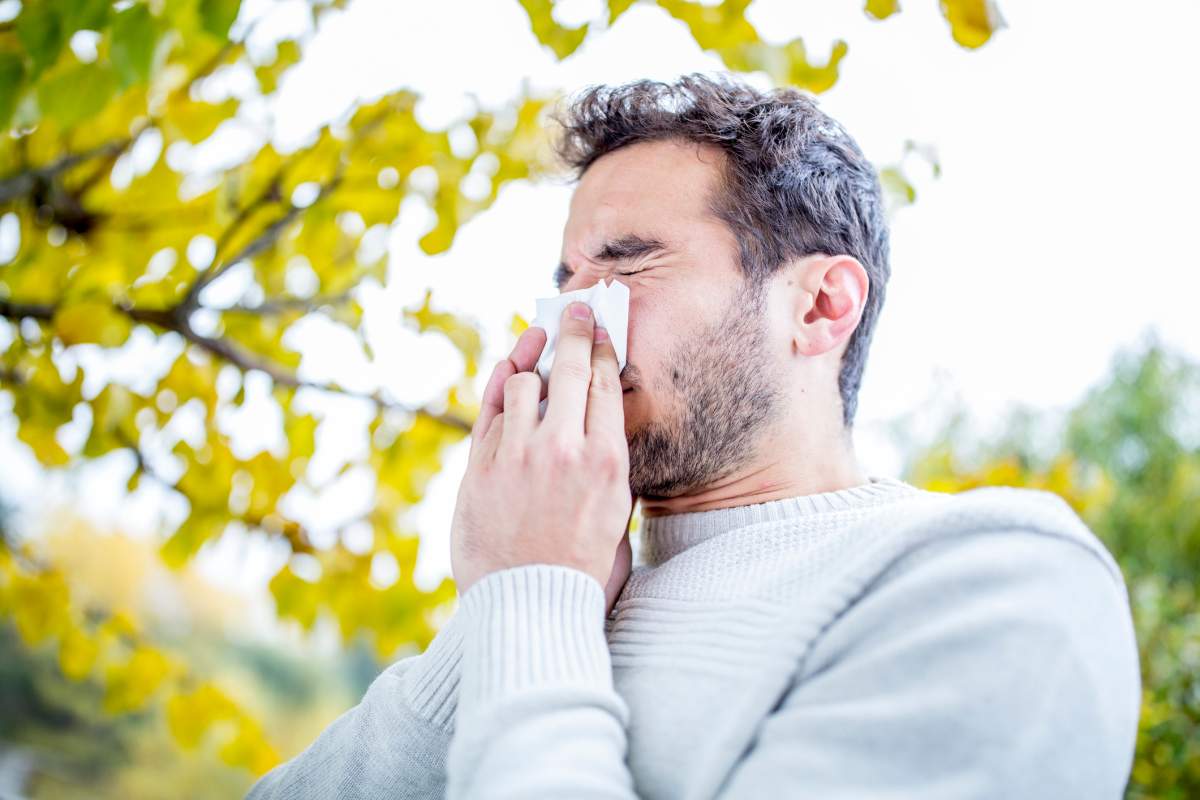If you’ve been sneezing and wheezing lately, you can thank ragweed for the onslaught of seasonal allergy symptoms.

It’s been a bumper year for the pesky plant, according to Dawn Jurgens, Director of Operations at Aerobiology Research Laboratories in Ottawa.
“Ragweed has been really bad this year, and pretty much everywhere that ragweed occurs — it occurs in Manitoba, Ontario and Quebec, mostly — it’s been really high levels this year,” Jurgens said.
In Manitoba, weather is largely to blame for the large crop of the weed this year.

Get weekly health news
“Basically the rain came at the right time for the ragweed to grow,” she said. “It always is at this time of year, it just started a little bit earlier and grew better than is typical, because August is usually pretty dry in most areas where ragweed grows, and so this year we had some nice wet weather and that helped it grow really well so then it gets more pollen.”
READ MORE: Allergy season is getting longer in parts of Canada. Blame climate change, experts say
Some people have hypothesized that smoke from the wildfires in British Columbia has been causing allergic reactions, but Jurgens said the testing station in Winnipeg hasn’t recorded abnormal levels of particulate matter.
She noted smoke can also irritate the lungs, but said it wouldn’t bring out full-on allergy symptoms as ragweed can.
“Climate change is really affecting the pollen seasons that we see here in Canada,” Jurgens continued.
“If it’s not normally there and maybe you get it for a week or two, but if you have a lot more plants able to grow due to climate change, then you’re going to see a much longer season.”







Comments